ISSUL audit could prove fatal for Astana’s WorldTour licence
Cyclingpro magazine reveals details of the audit
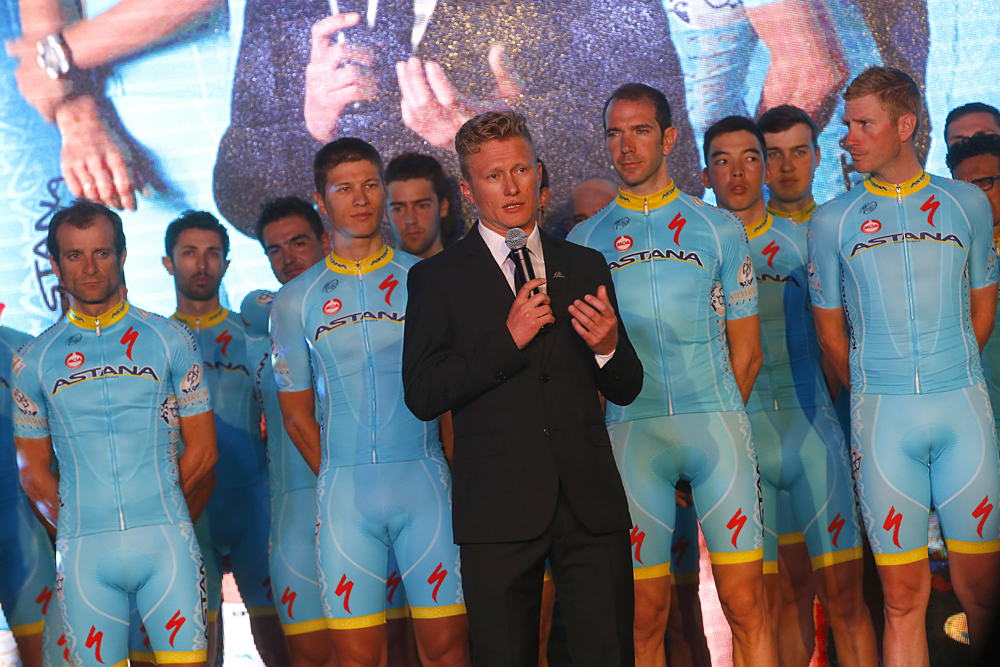
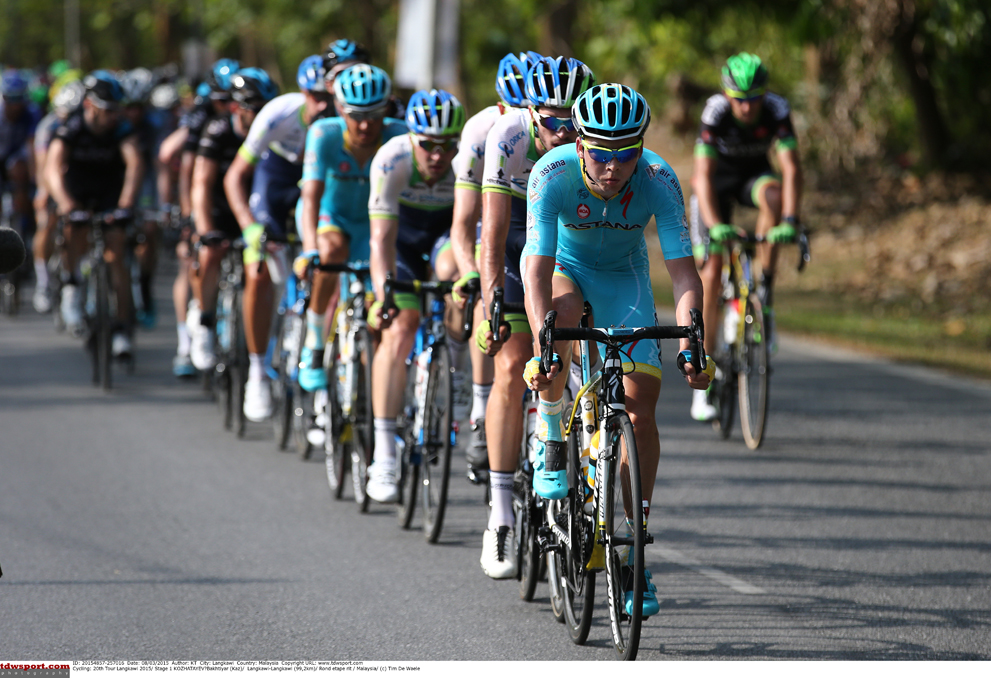
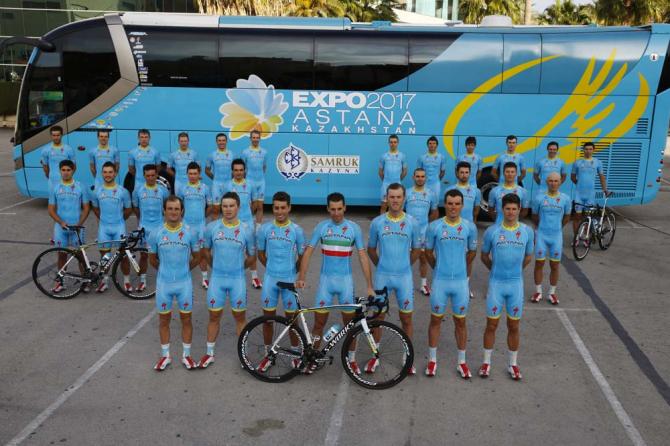
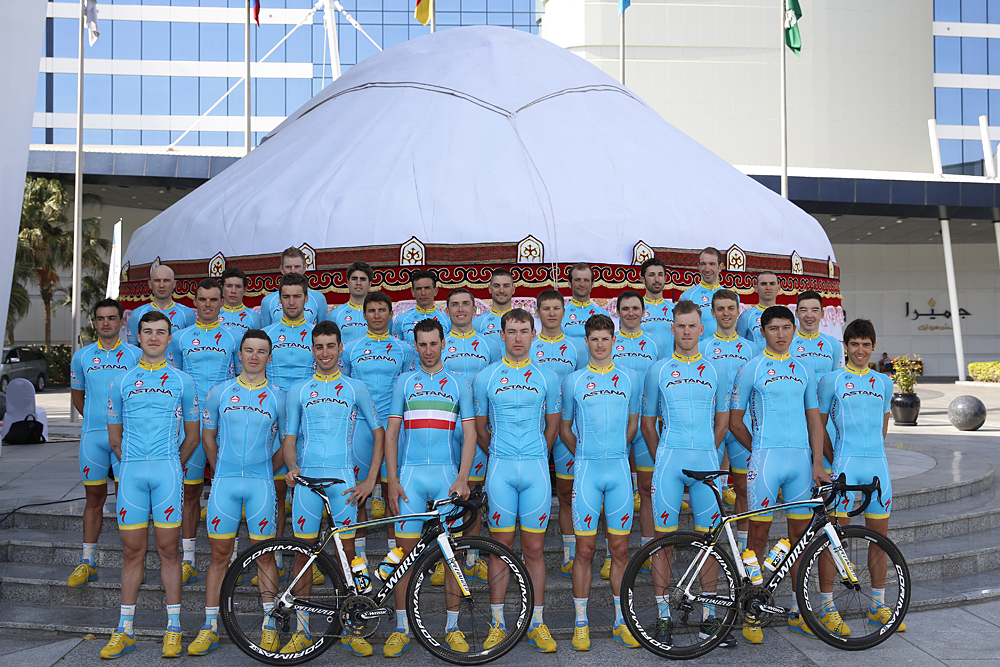
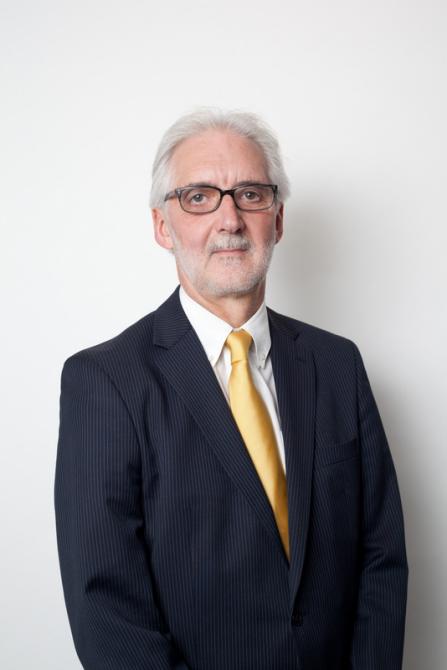
Representatives, lawyers and even riders from the Astana team are expected to attend the UCI Licence Commission hearing in Lausanne on Thursday as the Kazakhstani teams fights to save its reputation and place in the 2015 WorldTour.
Cookson calls Astana links to Ferrari 'very serious'
Vinokourov says Astana has nothing to hide
UCI requests withdrawal of Astana's WorldTour licence
Report: Astana facing March 20 deadline for licence defence
Nibali claims Astana’s licence woes are about politics
Astana's WorldTour fate far from certain
Di Rocco denies conflict with Cookson over Astana licence process
In recent days the team has cranked up its public defence, with the Kazakhstani Cycling Federation president Darkhan Kaletaev insisting it has done everything possible to fight the problem of doping. He claimed in a message published on the team’s website that Astana and the Kazakhstani Federation can play an active role in the fight against doping alongside the UCI and WADA.
However it seems the pro-active stance and announcements could be too late to save the team.
UCI President Brian Cookson is adamant that the UCI Licence Commission should withdraw Astana’s WorldTour licence, but has yet to address what consequences the withdrawal of a WorldTour licence could have on the sport, and the team's riders and staff, mid-season.
The UCI has based its request for revoking Astana’s licence on two key new elements. The anti-doping violations in 2014 by Maxim and Valentin Iglinsky or Alexandre Vinokourov’s positive for blood doping in 2007 were not enough to refuse Astana a licence in December. However the UCI believes the new evidence gathered by Italian police during the Padua police investigation, and the results of the audit produced by the Institute of Sport Sciences of the University of Lausanne (ISSUL), represent a strong case that will stand the test of an appeal to the Court of Arbitration for Sport (CAS).
The UCI has always refused to give details on the methods and conclusions of the ISSUL audit but it seems the Astana team is under fire not because of specific violations of UCI or WADA anti-doping rules but because it has not lived up to the ethical and organisational standards established up by the ISSUL experts.
The AG2R-La Mondiale, Cannondale-Garmin, Etixx-QuickStep, Giant-Alpecin, FDJ, IAM Cycling, Orica-GreenEdge and Trek Factory Racing teams have all agreed to be part of a voluntary study carried out by ISSUL, using the same parametres. However, the Astana team is the only squad the UCI forced to accept an ISSUL audit as a condition attached to team’s registration in the 2015 WorldTour.
Get The Leadout Newsletter
The latest race content, interviews, features, reviews and expert buying guides, direct to your inbox!
After seeing the results of the audit, the UCI is convinced that it has a legally biding case and that the Licence Commission will agree and so withdraw Astana’s licence.
Understanding the ISSUL audit
To understand Astana’s situation and the reasons why the team could be left without a licence, it is important to understand the philosophy, ethics and policy behind the ISSUL audit and how it reaches its conclusions.
The audit does not directly investigate anti-doping violations. Instead its parametres and conclusions are inspired by interactionist work originally established by American sociologists. This kind of research, based on questionnaires, unstructured interviews, observations and historical analysis, creates a guideline and policies for a final judgement to be made.
In research documents available online, Olivier Aubel of the ISSUL says their methods are "based on an analysis of team practices, and the ways in which riders produce their achievements. We offer an alternative perspective which emphasises doping as a product of socio-economic condition. Our findings emphasise employment and business models, as well as day-to-day working conditions, as structural drivers of doping practices in which individuals and teams engage."
ISSUL claims that its methods can identify teams and riders that are more at risk of succumbing to the temptation of doping. This alternative anti-doping policy is based on three aspects: the link between the risk of doping and the level and nature of the team’s organization in rider supervision; the performance production modality, especially the workload imposed on the riders; and the risk generated by precarious employment conditions in cycling teams whose economic model is particularly fragile. It also calls on teams to invest more of their budgets on coaching rather than on rider salaries and for changes in the precarious business model of professional cycling.
The ISSUL experts established its policy by interviewing 48 riders and staff from major teams and from speaking to 80 directeurs sportifs who have taken part in UCI seminars in recent years. Other data collected highlights the precarious nature of professional cycling, with the average career of a rider lasting only 4.7 years and only 50% of riders staying in the professional ranks for longer than three years. The study of thousands of doping cases revealed that six out of ten doping cases occur with riders over the age of 30, while riders under 25 (43% of the peloton) represent only 11% of riders sanctioned.
This research was funded by the UCI.
Experienced Italian journalist Marco Bonarrigo has investigated the methods of the audit in detail for the latest edition of the monthly magazine Cyclingpro, revealing several weaknesses and sparking questions about the Astana team’s audit results. It also asks if it is right that an audit should be used to sanction or even cancel a major professional team.
Bonarrigo’s 19-page investigation is titled: "Rivoluzione etica… o caccia alle streghe? – An ethical revolution… or a witch hunt?"
It seems many members of the Astana team were called to Lausanne for interviews as part of the audit, but nobody from ISSUL attended the team’s training camps during the winter. Details of interviews have remained secret and may never be known.
The UCI claimed that the audit "revealed a big difference between the policies and structures that the team presented to the Licence Commission in December and the reality on the ground."
The ISSUL policy calls for a team to employ one coach for every eight riders, that each rider has a carefully planned racing, training and rest programmes, regular support and assistance by qualified staff. Directeurs sportifs and doctors should not be involved in coaching riders and no external, unqualified staff should be part of the team.
According to Cyclingpro, the Astana team only has one full time coach in Paolo Slongo, with Fabio Aru’s coach Maurizio Mazzoleni working in a consultancy role. The role and influence of the Astana directeurs sportifs and team doctors is also unclear. Bonarrigo suggests that the UCI was also ‘livid’ to see that Dmitry Sedoun, the former team manager of the troubled Astana Continental team (that had three cases of doping in 2014 before being suspended) is now a directeur sportif with the 2015 Astana WorldTour squad.
The Astana team claims it has implemented many of the requirements suggested by the ISSUL in the first quarter of 2015. However this may have been after the completion of the audit and so too late to save the team’s WorldTour licence.
Bonarrigo discovered that several other WorldTour teams also fail to fully respect the ISSUL policies by employing doctors to oversee coaching and coaches often working as directeurs sportifs. However only the Astana team agreed to the ISSUL audit as a condition of its registration in the 2015 WorldTour.
As a consequence, it seems logical that the UCI can claim that the Astana team did not respect the UCI rules for WorldTour registration and request the Licence Commission to withdraw its licence.
It will arguably be up to the Court of Arbitration for Sport (CAS) to rule if the UCI rules and the methods and ethical policy of ISSUL are legally binding under international sporting law.

Stephen is one of the most experienced member of the Cyclingnews team, having reported on professional cycling since 1994. He has been Head of News at Cyclingnews since 2022, before which he held the position of European editor since 2012 and previously worked for Reuters, Shift Active Media, and CyclingWeekly, among other publications.